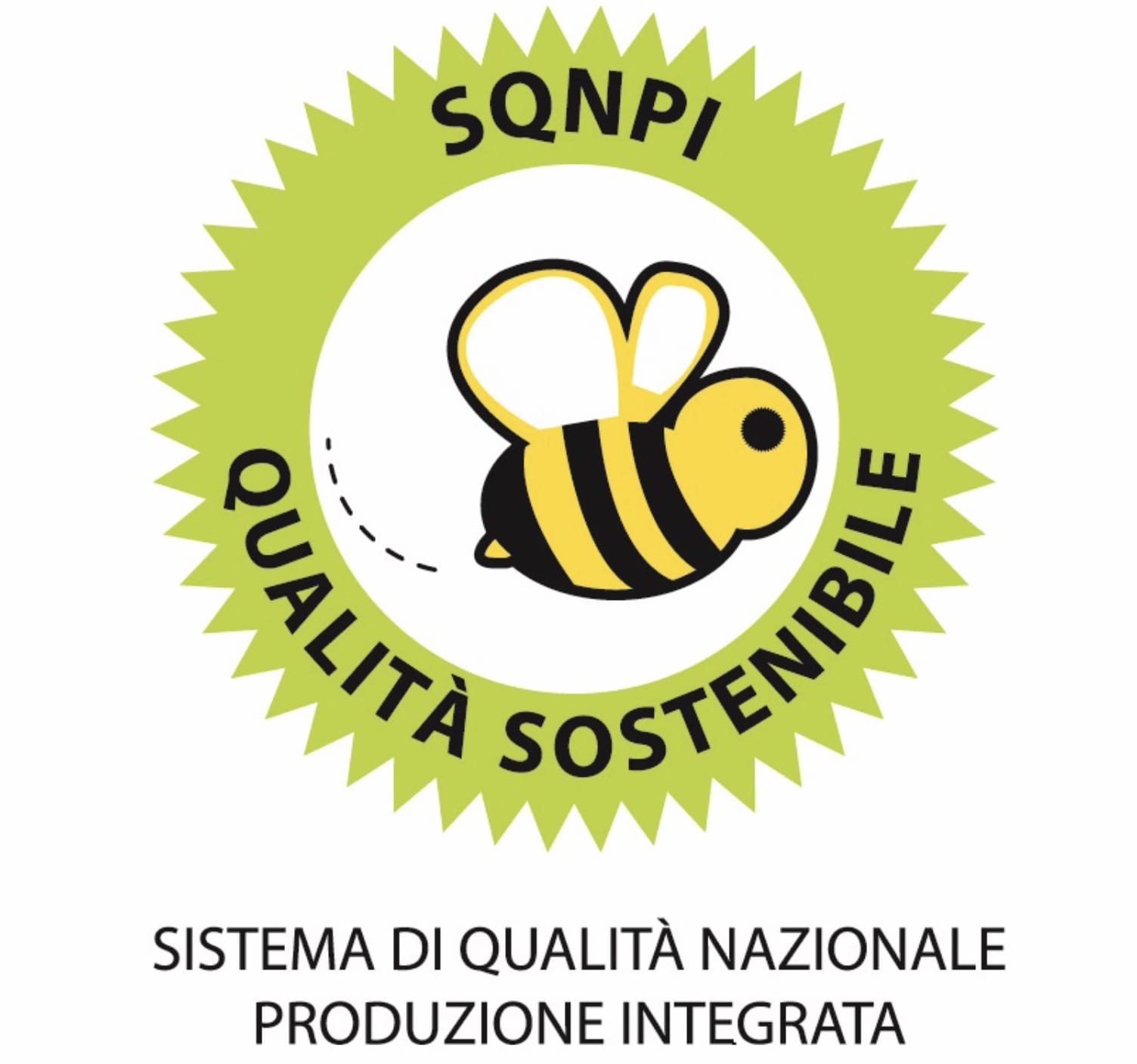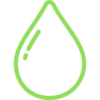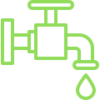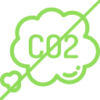CERTIFIED SUSTAINABILITY AND RESPECT FOR THE TERRITORY
Santomè produces its wines exclusively using grapes from its own vineyards in order to ensure total control over the whole production chain, thus guaranteeing a consistently high standard of quality.
The authenticity and quality of the grapes derive from our total respect for the environment, with minimal recourse to sulphites in the wines, and the use of innovative equipment both in the vineyards and in the winery. We deploy state-of-the-art agronomic techniques and we favour the use of products that are entirely natural or that in any case have low levels of environmental impact, doing our utmost at all times to comply with the guidelines on organic farming.

In 2018, Santomè obtained certification from the SQNPI National Quality System for Integrated Production, the sustainable quality mark. Integrated production is the name given to that system of agri-food production that uses all of the methods geared towards defending the vineyards by reducing to a minimum the use of synthetic chemical substances and by streamlining the agronomic techniques in order to comply fully with the highest ecological, economic and toxicological principles.
The integrated production guidelines are set out in a document drafted at regional level with a view to pursuing the following objectives:
- enhancing the hygiene, safety and quality of the grapes and, therefore, of the wines
- protecting the environment
- raising the level of safety and professionalism of the workers
It is, as such, a mark of sustainable quality.
Our certified wine is the fruit of numerous processes and checks conducted right across the production cycle, from the fields all the way to the bottling stage.
Santomè's efforts to support the environment

No recourse to herbicides in the vineyards – the cutting of the grass between the rows and between the vines is carried out mechanically

To combat vine diseases, we favour natural products or, in any case, products that have low levels of environmental impact, as acknowledged by the European Union

Underground or drip irrigation systems in the vineyards for a streamlined use of water, avoiding useless waste

Rationalised use of water in the winery, too, again to avoid unnecessary waste

Low level use of sulphites in the wines, with no more than 50% of the maximum levels permitted by law. This makes it possible to produce wines that are increasingly natural without compromising on their coverage or protection.

Use of 888 solar panels installed from 2010 onwards, with an annual output of around 230,000 kWh, meeting around 70% of the company’s annual energy needs. This energy generation allows us to prevent 121,900 kg per year of CO2 from being emitted. To put this figure in context, this quantity of energy would meet the annual energy requirement of 75 households (annual household consumption = 3,000 kWh.)
For the treatment operations, we use drift-recovery sprayers that avoid any type of substance being dispersed into the environment and target only the leaf of the vine or the grape itself.
Using this method, we can achieve:

Product saving of more than 40% per year with respect to conventional equipment, since a large part is recovered and re-used

Saving of fuel and, therefore, reduction of atmospheric CO2 emissions, since the recovery equipment used does not require the tractor engine to operate at full power

Noise reduction, since the tractor engine works at a lower power setting

Water usage reduced by more than 50% with respect to conventional systems




